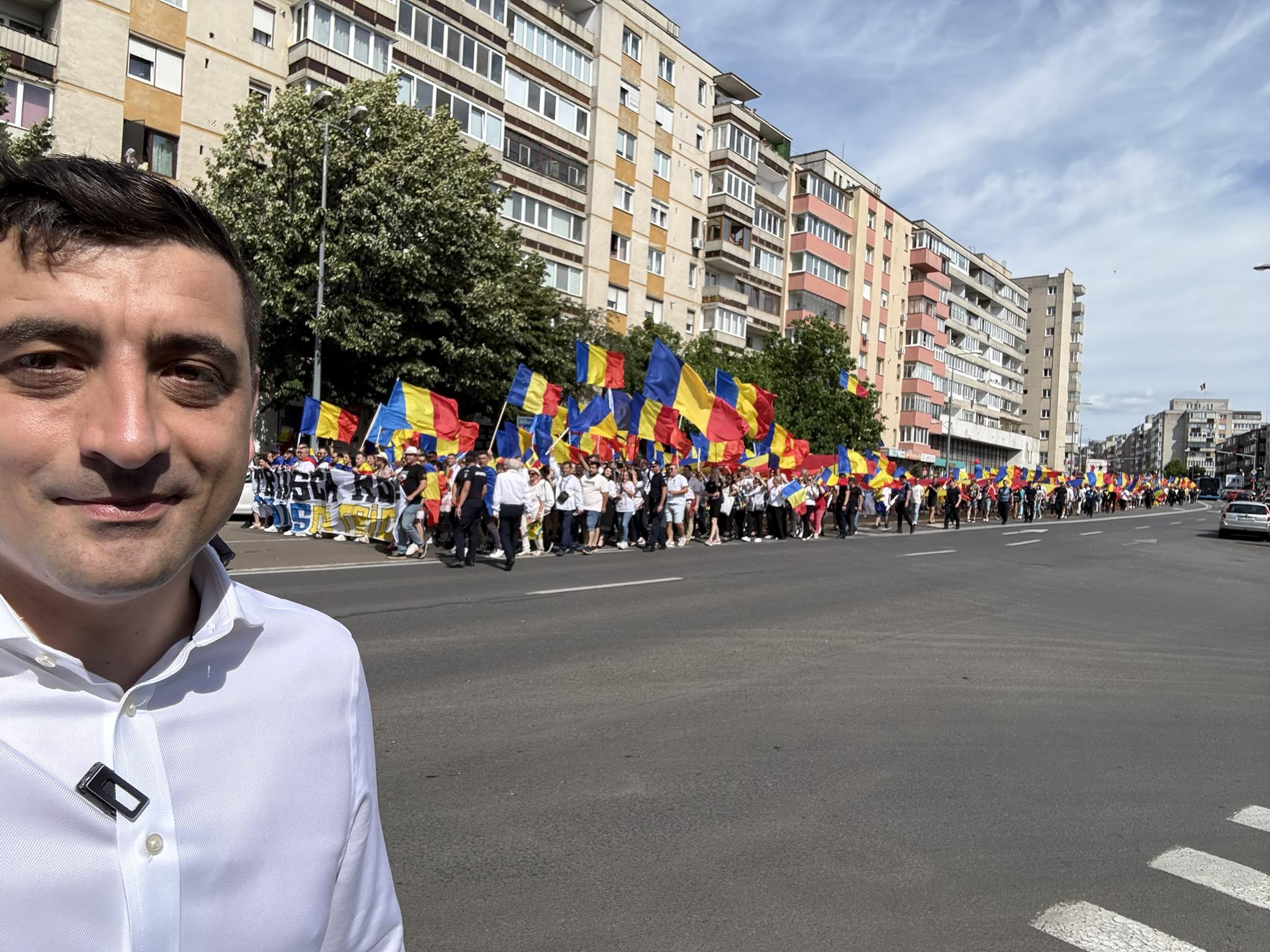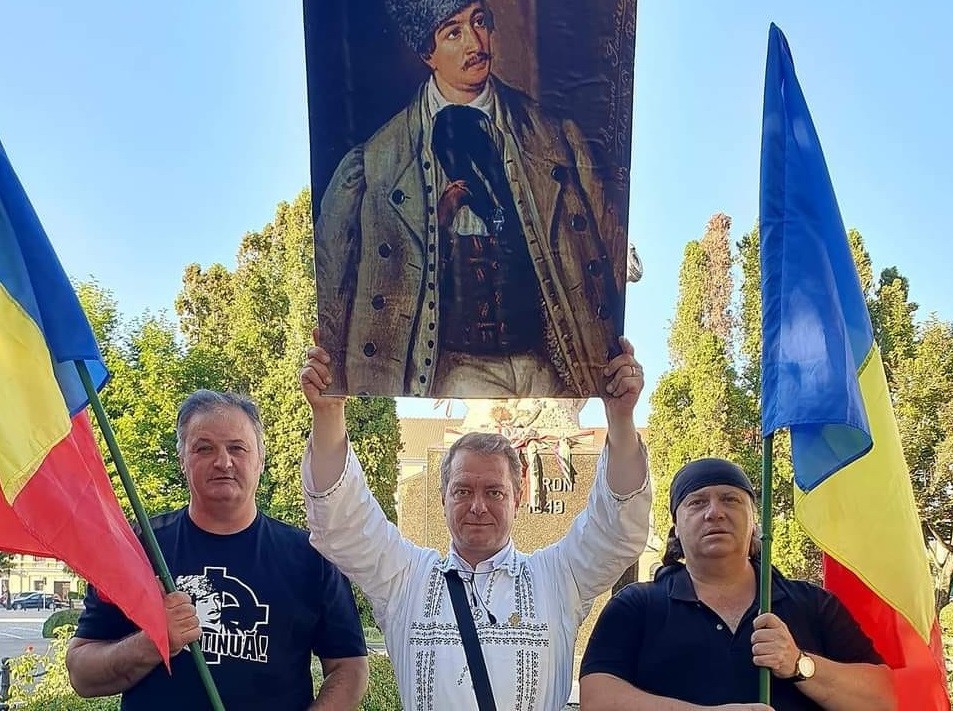
While Szekler commemorations were banned, George Simion’s party staged a nationalist demonstration in the city, fueling criticism of ethnic discrimination.Continue reading

The Calea Neamului Association will hold a commemoration ceremony in front of the Hungarian Parliament on August 3, marking the anniversary of the Romanian Army’s entry into Budapest on August 3-4, 1919. “We are going to Budapest!,” announced Mihai Tîrnoveanu, President of the association, in a Facebook post.
He said the event aims to commemorate the Great Union of 1918, and the overthrow of the Bolshevik regime of Béla Kun, both key events in Romanian and regional history. In his post, Tîrnoveanu recalled the historical context, and drew parallels between the past and the present: in his view, today’s neo-Marxism, including gender ideology, migration, and political correctness, poses a similar threat to nation states as Bolshevism did a hundred years ago. “That is why the commemoration is not intended to pit the Romanian and Hungarian peoples against each other, but rather to bring them closer together, especially since the Budapest government also sharply criticizes progressive ideological trends,” he wrote.
Based on his post, the Calea Neamului Association is taking all necessary legal steps with the Hungarian authorities to organize the event, the post emphasizes, adding that it is awaiting an official Hungarian response regarding the August 3 commemoration in Budapest.
The Vice-President of the Our Homeland Movement (Mi Hazánk), Előd Novák, posted an open letter to the Hungarian Minister of the Interior on Facebook asking for a written response to the question, “Are you willing to ban the Romanian chauvinist rally in front of the Parliament in Budapest?” According to the Member of Parliament, after Viktor Orbán supported the ultra-nationalist George Simion in the Romanian presidential election, anti-Hungarian forces have been emboldened and “are already organizing a rally in front of the Hungarian Parliament to celebrate the anniversary of the Romanian army’s invasion of Budapest on August 3, 1919, which robbed our country. This can be legally banned, for example, under the Law on Assembly, citing “violation of the dignity of the Hungarian nation (…)”, as advocated by the Our Homeland Movement, and we do not consider acceptable the police assistance in aiding and abetting crime, as we saw during the LGBTQ parade,” he added.
Via Maszol; Featured photo: Facebook/Novák Előd